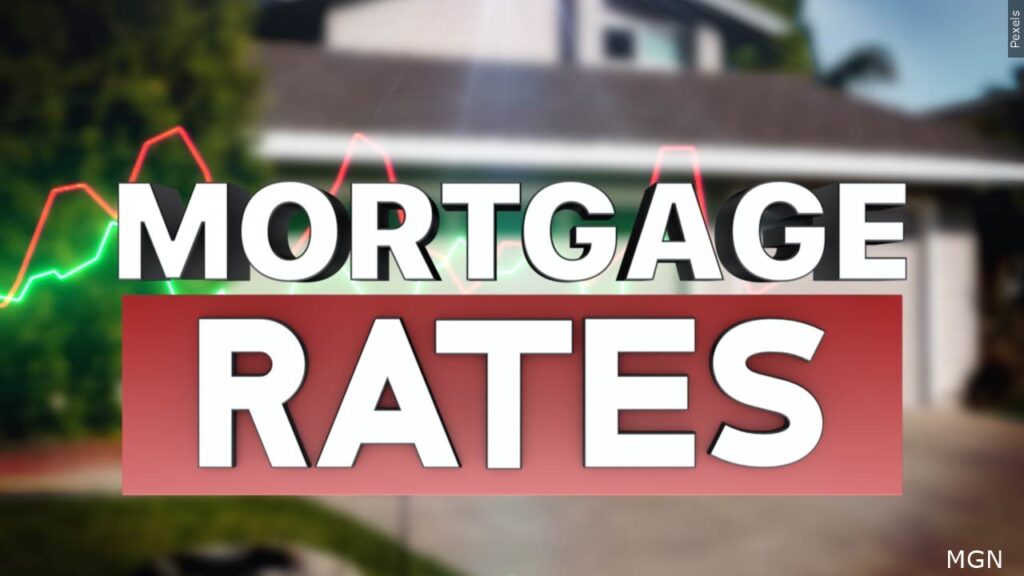Finding the right financial broker can feel like navigating a maze, but it doesn’t have to be. This guide will help you locate reputable financial brokers near you and make informed decisions about your financial future.
Understanding Your Needs
Before you start your search, take some time to assess your specific financial goals. Are you looking for investment advice, retirement planning, insurance solutions, or something else? Knowing your needs will help you narrow down your search and find a broker who specializes in the areas relevant to you. Consider your risk tolerance as well. Learn more about risk assessment.
Using Online Search Engines
Start by using search engines like Google, Bing, or DuckDuckGo. Search for terms like “financial brokers near me,” “investment advisors near me,” or “wealth management firms near me.” Pay close attention to the results and check the reviews. Remember to always verify information on other sites and read reviews from multiple sources. 
Checking Online Directories
Online directories can be a great resource. Websites like Yelp, Google My Business, and others often list local businesses, including financial brokers. These directories often include ratings and reviews from past clients, giving you insights into their experiences. You might also find brokers specializing in niche areas, such as ethical investing.
Networking and Referrals
Don’t underestimate the power of your network. Talk to friends, family, and colleagues. They might have recommendations for trusted financial brokers in your area. Word-of-mouth referrals can be invaluable. Consider attending local business networking events; you never know who you might meet! [IMAGE_2_HERE]
Professional Organizations
Many financial brokers are members of professional organizations. These organizations often have online directories of their members, allowing you to search for brokers in your area. Checking with these organizations can give you an additional layer of verification and assurance of professional standards. Find out more about broker certifications.
Verify Credentials and Licenses
Once you’ve identified a few potential brokers, it’s crucial to verify their credentials and licenses. Ensure they’re properly registered and licensed to operate in your state or region. You can often find this information on your state’s financial regulatory agency website. This is an essential step to protect yourself from potential scams. Check your state’s licensing board here.
Reading Reviews and Testimonials
Thoroughly read reviews and testimonials from previous clients. Look for patterns in feedback, both positive and negative. Pay attention to comments about communication styles, professionalism, and the broker’s ability to meet client needs. Remember that reviews can be subjective, so try to form a balanced picture from multiple sources. [IMAGE_3_HERE]
Scheduling Consultations
Before committing to any broker, schedule consultations with a few different candidates. This allows you to compare their services, fees, and approaches. This is your opportunity to ask questions, assess their compatibility with your goals, and get a feel for their expertise and communication style. Don’t be afraid to walk away if you don’t feel comfortable or confident in their abilities. Learn about asking the right questions.
Finding the right financial broker is a crucial step in securing your financial future. By following these steps, you can confidently navigate the process and find a professional who aligns with your needs and goals. Remember, selecting a financial broker is a partnership, so choose someone you trust and feel comfortable working alongside.
Frequently Asked Questions
What qualifications should I look for in a financial broker? Look for brokers with relevant licenses, certifications, and a proven track record of success. Experience and client testimonials are also important.
How much does a financial broker typically cost? Fees vary widely depending on the services provided, so be sure to discuss fees upfront during your consultations. Some brokers charge a percentage of assets under management, while others charge hourly fees or flat fees.
What should I ask a financial broker during a consultation? Ask about their experience, fees, investment strategies, client communication practices, and their approach to risk management. It’s also important to inquire about their professional certifications and licensing.
How often should I meet with my financial broker? The frequency of meetings depends on your individual needs and investment strategy. Some clients meet quarterly, others monthly, and some only annually.
What if I’m not satisfied with my financial broker? If you’re unhappy with your broker’s services, you have the right to switch brokers. Always explore other options before making a long-term commitment.



